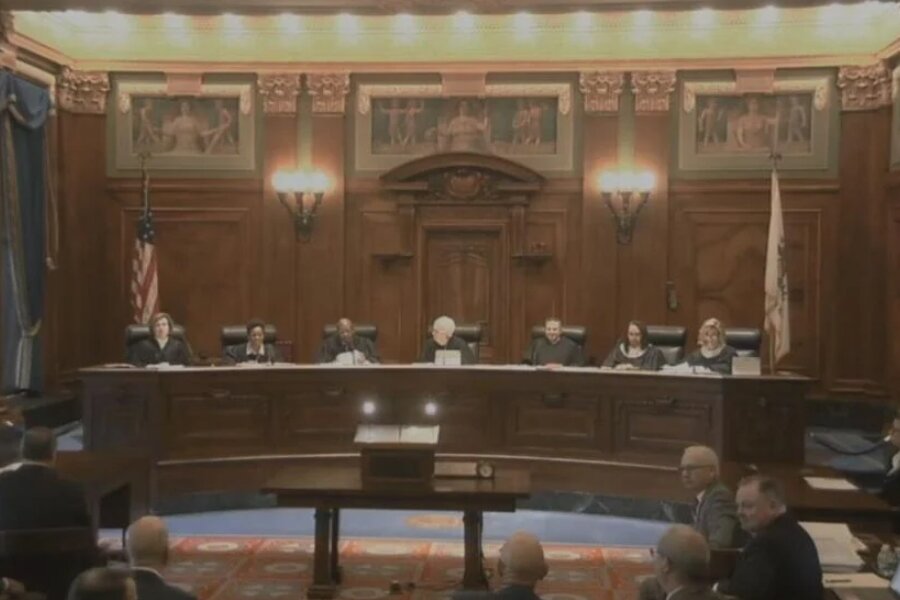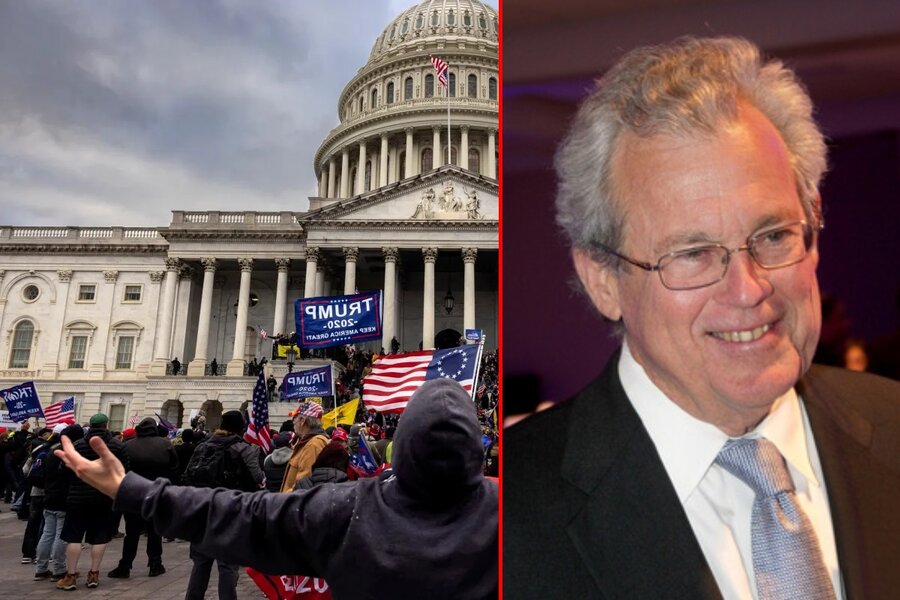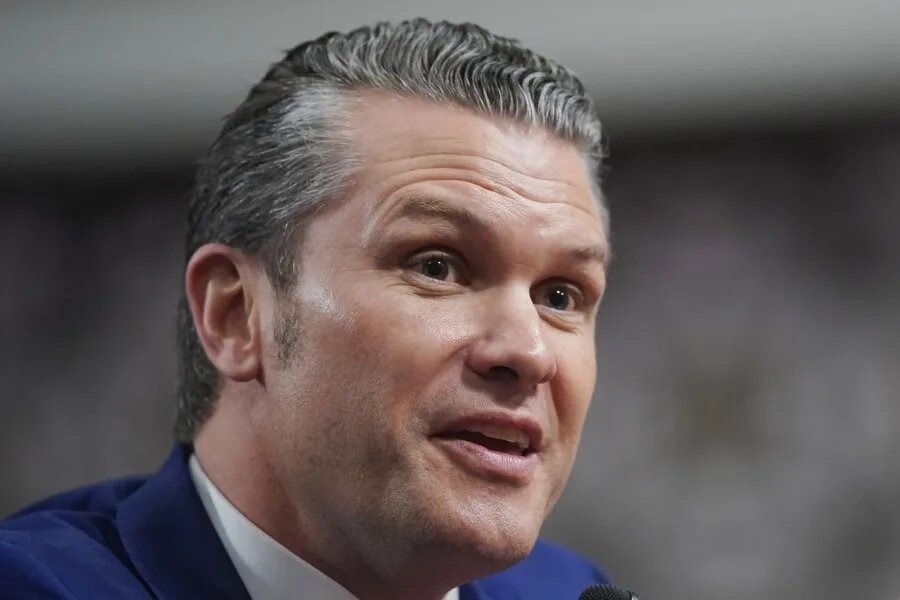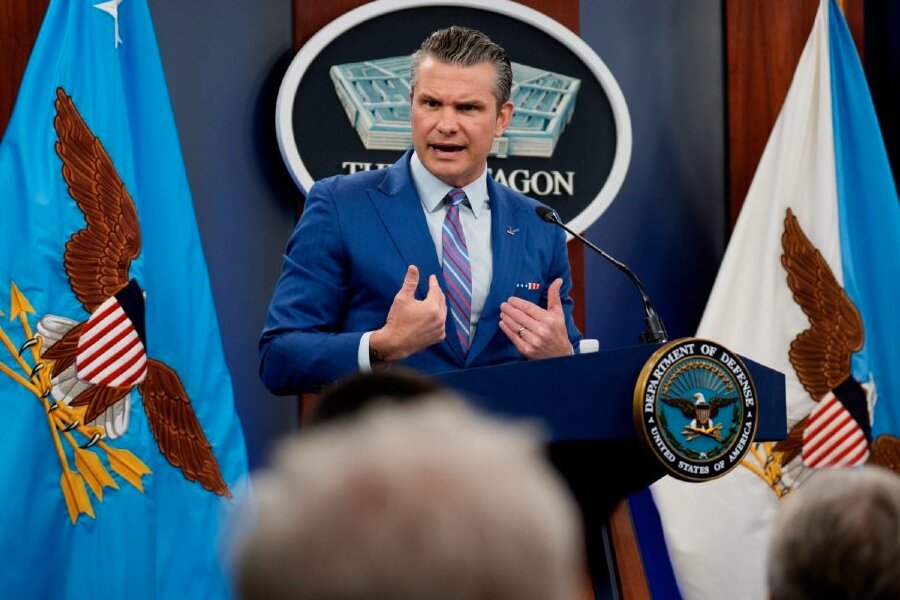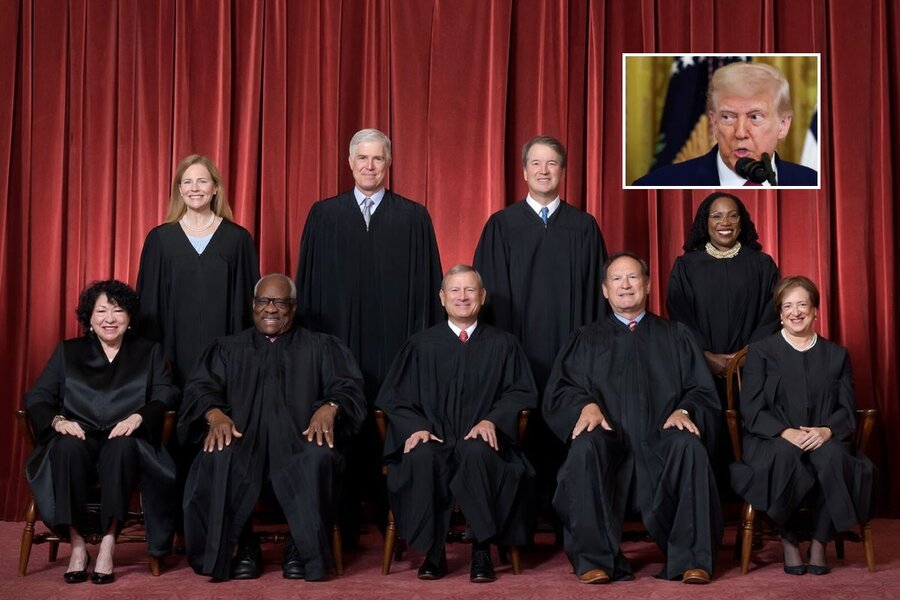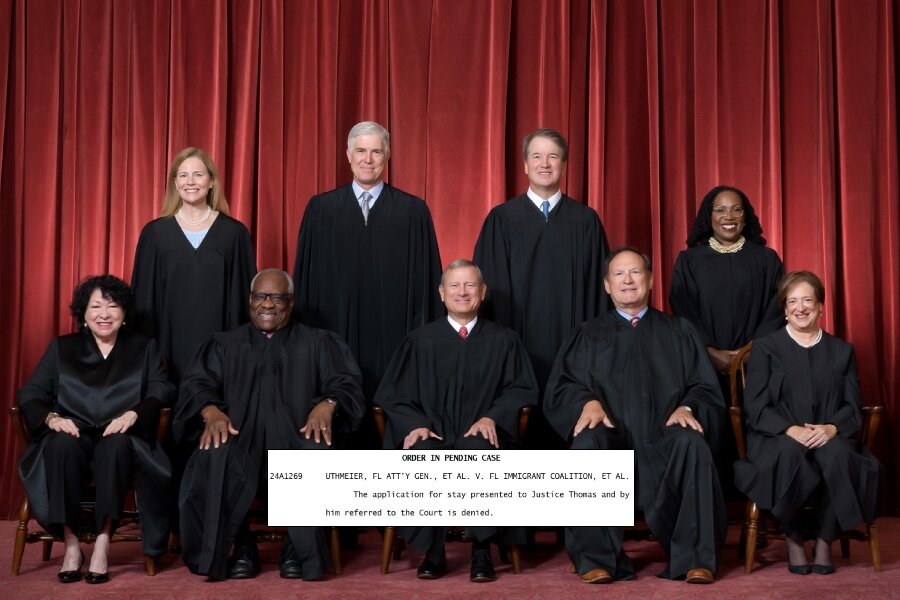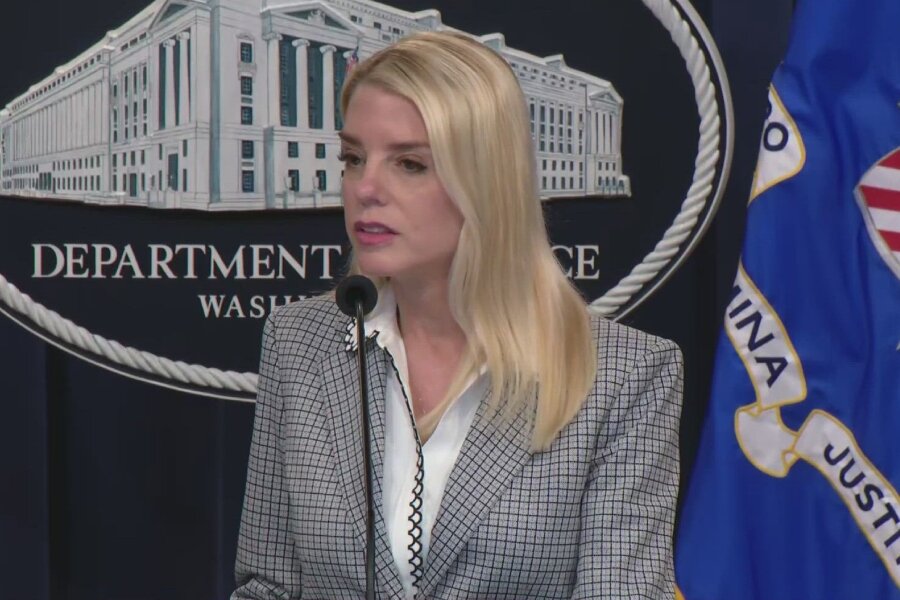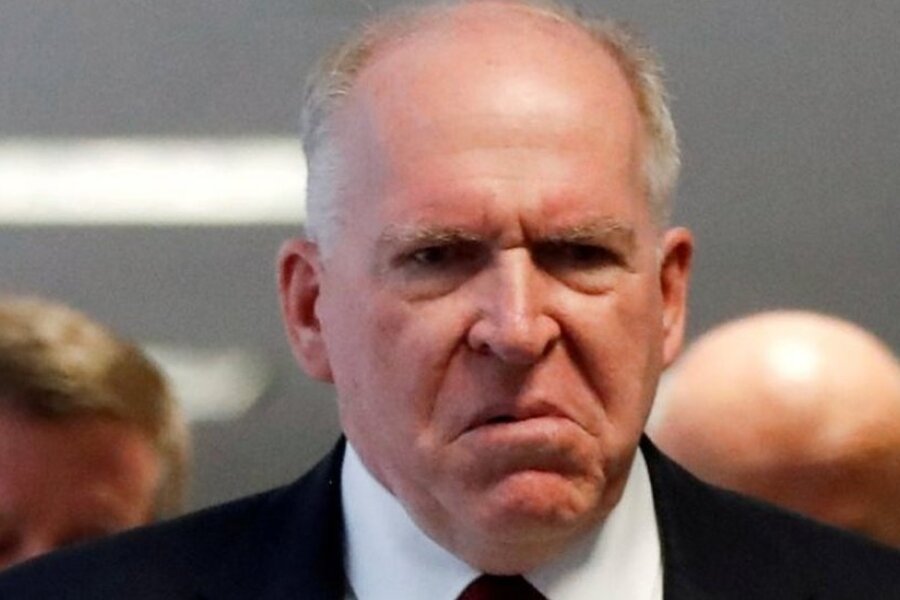On Friday, the Illinois Supreme Court upheld the state’s ban on “assault weapons” and “high capacity” magazines.
Governor J.B. Pritzker (D) signed the ban into law on January 10th, and lawsuits were promptly initiated against it.
U.S. District Stephen P. McGlynn issued a preliminary injunction against the ban on April 28, noting in his opinion that there are already plenty of gun laws on the books and those laws need to be enforced.
On May 4th, the United States Court of Appeals for the Seventh Circuit halted McGlynn’s preliminary injunction and is currently reviewing the case that was presented before the lower court.
However, Illinois state Rep. Dan Caulkins (R) brought his own case — Caulkins v. Pritzker — arguing that the “assault weapons” ban was unconstitutional, and it was in his case that the Illinois Supreme Court ruled in favor of the ban.
Caulkins’ case made it to the Illinois Supreme Court after a court in Macon County heard it and decided against the “assault weapons” ban.
The Illinois Supreme Court reversed the Macon County decision.
Judge Elizabeth Rochford wrote the majority opinion for the Illinois Supreme Court, and the Chicago Sun-Times reported that Rochford was one of two candidates Pritzker supported for court in order to “preserve a 5-2 Democrat majority.”
In the majority opinion, Rochford focused on trained professionals and opined that average Firearm Owner’s Identification (FOID) card holders are not trained professionals, and therefore not prepared to use guns categorized as “assault weapons.”
When plaintiffs described themselves as both FOID card holders and “law-abiding gun owners,” Rochford responded:
“A FOID card holder does not have a duty to maintain public order; to make arrests for offenses; or to prevent, detect, investigate, prosecute, or incarcerate a person for a violation of law. By contrast, each of the seven categories of trained professionals must undergo specialized firearms training pertaining to their employment to maintain their exempt status under the Act.”
Share your thoughts by scrolling down to leave a comment.

